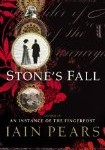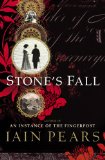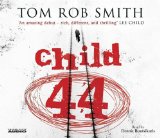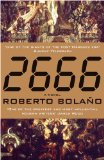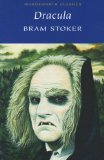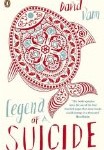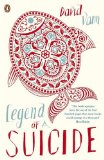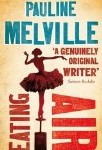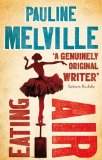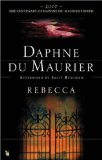
WARNING SPOILERS!
Rebecca is a book which everyone seems to rave about. The brooding, Gothic mystery sounded like the sort of thing I would love. I hoped that it would become one of my favourites, but although I enjoyed reading it, Rebecca won’t make it into my top 50.
The book begins with a young woman falling in love with Maxim de Winter, but after a hasty marriage she realises that everything she does is compared to Rebecca, Maxim’s seemingly perfect first wife, who died in tragic circumstances a year earlier
It was slow to start, but after about 100 pages I was completely hooked. I loved the first glimpses of Manderley and the vivid descriptions of the house and grounds.
Yes, there it was, the Manderley I had expected, the Manderley of my picture post-card long ago. A thing of grace and beauty, exquisite and faultless, lovelier even than I had ever dreamed, built in its hollow of smooth grassland and mossy lawns, the terraces sloping to the gardens, and the gardens to the sea.
The girl’s jealousy and feelings of inadequacy where incredibly well written, but I was disappointed by the mystery aspect of the book. Although I was vaguely aware that Rebecca’s death might not have been accidental, this wasn’t confirmed until Maxim admitted the murder. I felt that this was too quick – the mystery was solved the moment it was created and I felt let down that I hadn’t had at least a few chapters to try to solve the crime myself.
There were some amazing characters in this book. I loved the way that even the side characters were fully formed. Mrs Danvers was a deliciously dark character and I would love to know more about her.
I thought the book went downhill quickly once we knew Rebecca had been murdered. All the emotion seemed to disappear, replaced with an average police investigation. Did you enjoy this part of the book? I haven’t seen it mentioned before, so am wondering if people just forget that almost half of the book was reasonably dull.
The last page of the book was fantastic. I love the ambiguous ending and the destruction of Manderley. Do you think all the staff were killed in the fire? Do you think it was started deliberately?
Overall, this book had some amazing sections, but overall I was slightly disappointed. I think this book will grow on me, as over time I will remember the emotional aspects of the book, but slowly forget about the dull half. I would still recommend this to everyone, but I think there are a lot of better ones out there.

Thank you to Sandy for arranging the readalong for this book.
Do you think Rebecca is one of the best books ever written?
Were you disappointed by any sections?
![]()
![]()
![]()
![]()
![]()
![]() (DNF)
(DNF)![]()
